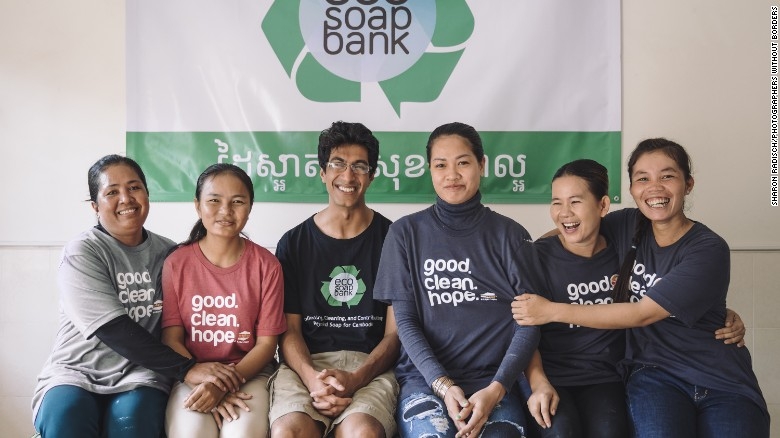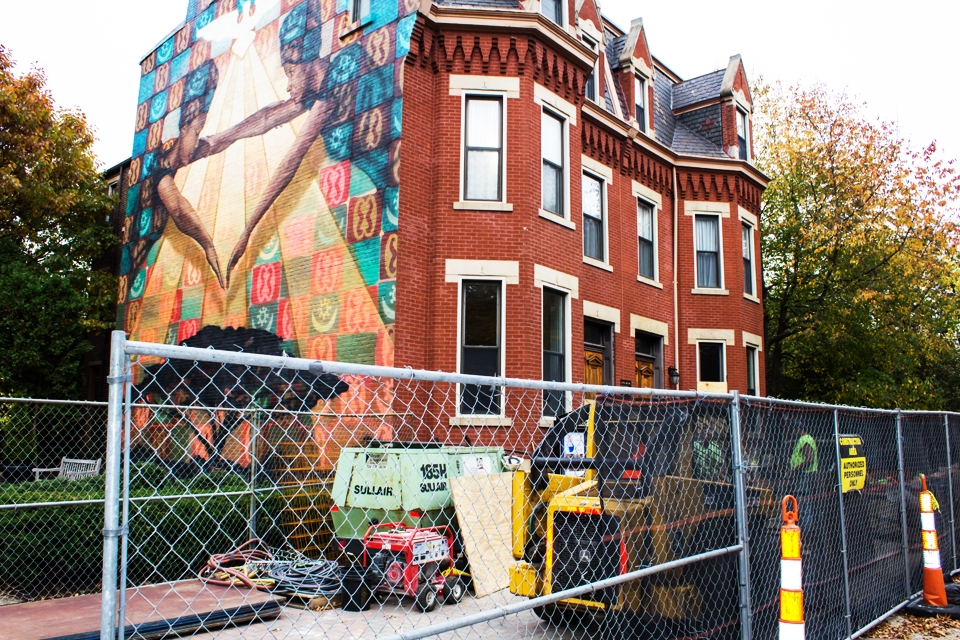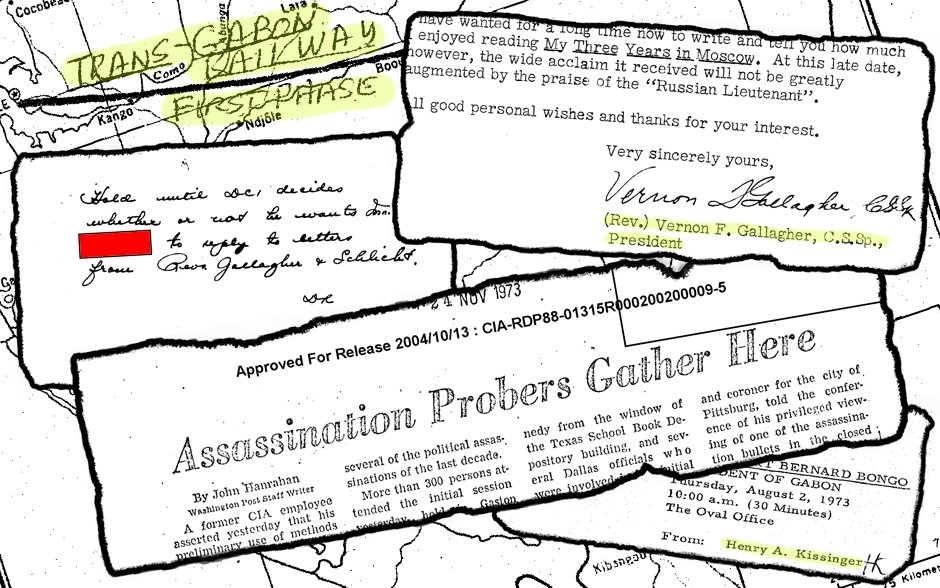
By Rachel Pierce | Staff Columnist
11/09/17
After reading the story of the Eco-Soap Bank, you may have a hard time revisiting soap stores like Lush or Bath and Body Works. Founded in 2014 by University of Pittsburgh graduate Samir Lakhani, the Eco-Soap Bank recycles used soaps from hotels for those in developing countries, specifically orphanages, hospitals and schools.
An organization that endorses the environment, hygiene and equality is one that we all need to take note of and support. Though hygiene is not a problem for many of Americans, it does not mean that we should not pay attention to this issue. The reality is, poor hygiene is an epidemic in most developing countries. Less than one percent of homes in developing countries have proper sanitation. This causes illness, death, over populated hospitals and poor school attendance. If 31 women are working to save a population from these consequences, imagine what an entire country can do.
The mission of the Eco-Soap Bank is to improve health. This extends to an increase of school attendance as well as a reduction of those admitted into already over-populated hospitals. Each year, there are 1.6 million deaths per year due to unsafe water, poor sanitation and hygiene.
Secondly, the Eco-Soap Bank strives to cut down waste of soap from hotels. According to their website, 24,033 pounds of soap has already been recycled. Of the recycled soap, 650,000 people have been supplied with soap along with sanitation tips.
Before soaps are donated the collected soaps are first sanitized, then pressed into a bar or converted into liquid soap. The people the Eco Soap Bank hire for this job is another aspect to this organization. Women who are at a disadvantage in developing countries are trained as soap recyclers and earn a steady income. Their workforce consists of 31 women who are also provided with three English classes as well as a course on business.
One woman who is working for Eco-Soap Bank noted that she feels “happy that [she is] able to make soap to give to students at school”.
Their work is done in developing countries due to its convenience. Tourism is at the heart of developing countries’ income. With tourism, there is an abundance of hotels with a large waste of soap. Thankfully, this soap is spared for a greater good.
Hygiene is a problem that is overlooked in much of American society, we not only have an abundance of soap brands at our disposal but also a variety of soap forms, including liquid, solid or even sand based. Though hygiene may not be a problem that affects most of us, it should not mean we cannot help. Though the Eco-Soap Bank collects their donations from hotels, individuals can financially donate through their website.
Apart from donations, Eco-Soap can grow by working here, in America. Take Pittsburgh for example. We’ve all walked to downtown or Market Square, passing a dozen homeless men and women. According to the National Alliance to End Homelessness, nearly half a million Americans do not have a home. Even if a family does own a home, it is not guaranteed that they have proper and healthy hygiene practices. Poverty and lack of hygiene is in Pittsburgh, not even five minutes from Duquesne students.
The problem leads us to wonder if there is something more that we can do rather than donate money. We should also support Eco-Soap Bank because of its environmental impact on our world. Though soap is biodegradable, it is always better to find a new purpose for our trash. This is the mentality our world needs to adapt, examining our waste and finding it’s new purpose.
In addition to the environmental impact, Eco-Soap Bank targets another larger problem that affects every country, developed or undeveloped; inequality. In undeveloped countries, as stated by Samir Lakhani, women “face immense hardship”. Women are expected to live under physical violence, lack of education, unemployment and raising a family. The benefits of working for Eco Soap Bank give women a purpose. No other job that could be offered to them has the weight of saving thousands from disease and death.
Where women do not have a place in society, Eco-Soap Bank gives them a place and a purpose to live. Their families and themselves are financially supported. The work of Samir Lakhani is an organization that endorses hygiene and the environment. There is no reason why something like this cannot be implemented in American society. On a smaller scale, as a community, next time we wish to rid our bar soap because it’s become too small, or we are tired of the sent, let’s all keep in mind the efforts of hundreds to acquire a small soap like yours.




